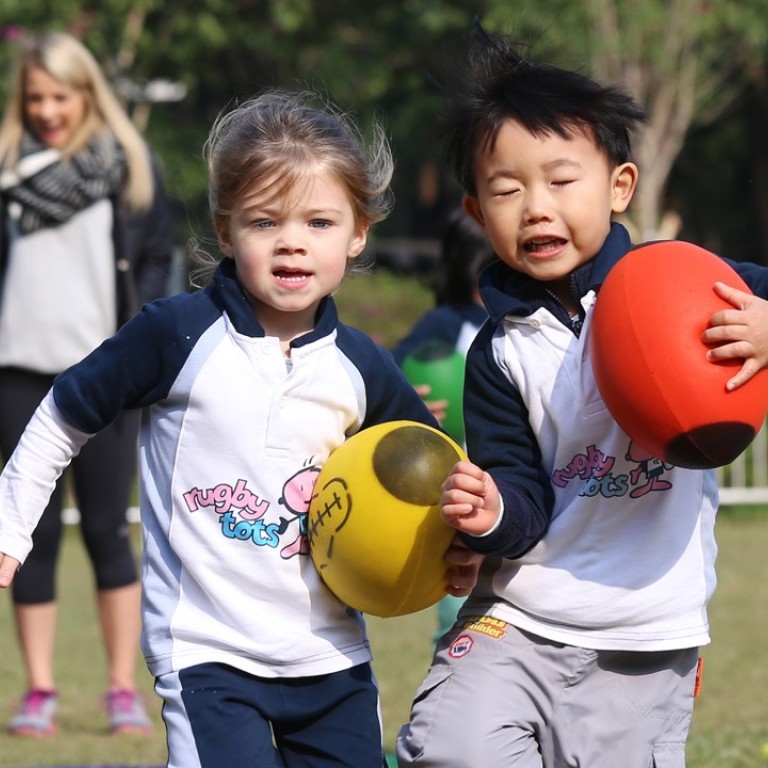
School sports: where’s the competitive spirit when everyone’s a winner?
- With obesity levels on the rise in schools, the importance of exercise cannot be overstated
- Many schools have swapped competitive sports for inclusive games, but it is possible to strike a balance.
My son is very good at sport but there seems no incentive at his primary school for him to win, a Hong Kong parent writes. Even school “sports day” seems to have been dumbed down to novelty team activities. They also cancelled the fathers’ race this year, saying it had become dangerous.
The focus seems to be protecting children from “losing”. I am sad that my son doesn’t have the opportunities to compete properly and showcase his talent.
With record numbers of obese children entering schools, critics claim that physical education has not had a high enough profile over the past 10 years. Recent figures in Britain tell the story: they show a decrease in the number of primary children like your son taking part in organised sports competitions, including competitive sports days, and a decline in children aged 10 to 15 playing sport altogether.
My son doesn’t like sitting next to girls in class. Does he have to?
The government responded with a pledge to increase participation in competitive sport in primary schools and provide extra training for 17,000 secondary school teachers to boost PE in schools.
One of the key aims of this policy is to foster a more positive attitude among students by offering a wider range of physical activities considered more modern and enjoyable, such as Zumba, volleyball and yoga, giving individuals the chance to get fit using whatever works for them.
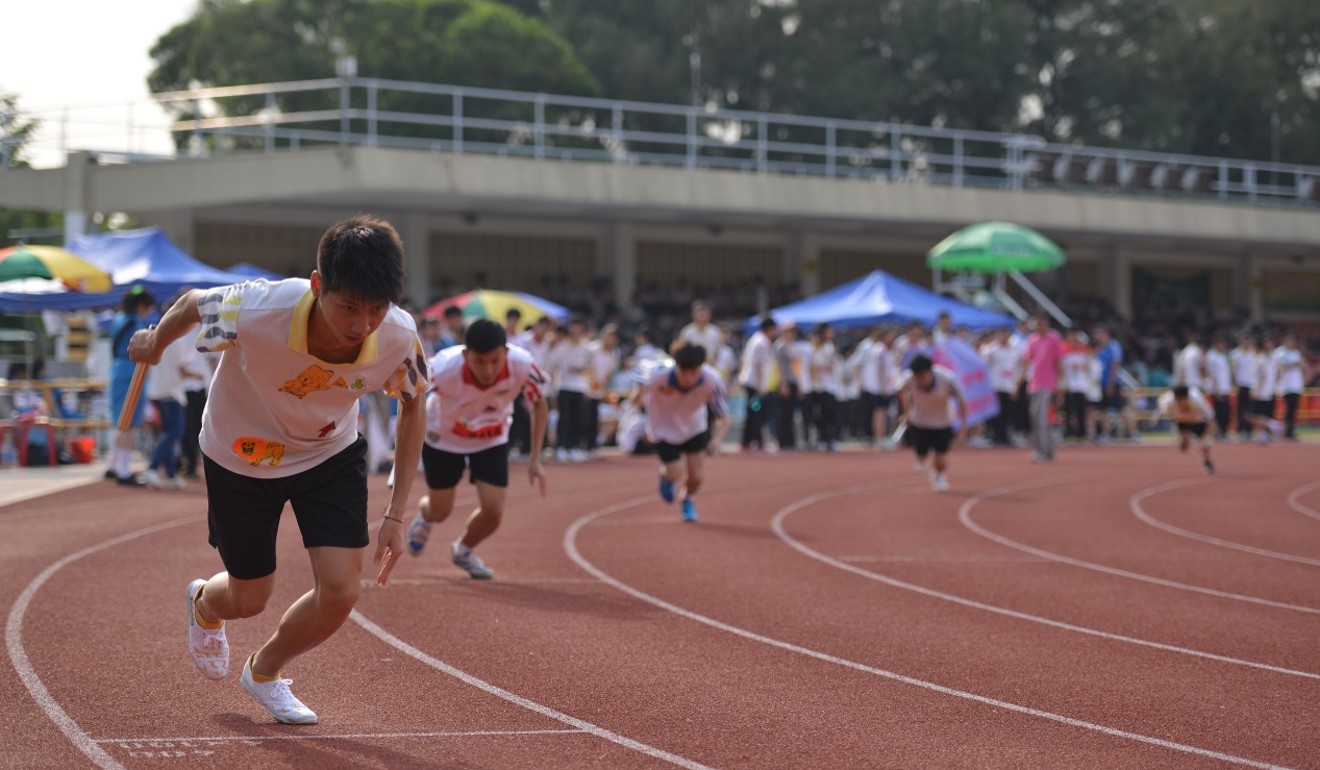
The growing trend in many schools around the world towards encouraging sport for all is of course beneficial and to be welcomed, but not at the expense of diluting high-level competition for able pupils such as your son.
Some parents feel, as you do, that the traditional sports day, which was seen as a great occasion for the talented pupils to gain accolade for their athletic prowess and stamina, has been usurped in favour of a less serious event with “prizes for all”, focusing on pupils taking part with having fun as the main focus.
Previously, this annual event would mean total humiliation for non-athletic pupils whose lack of skills was displayed in public like no other subject.
However, this does not need to be the case. I have been involved in well-organised sports days in Hong Kong that have catered for all: less able children could enjoy team activities in a relatively low pressure environment.
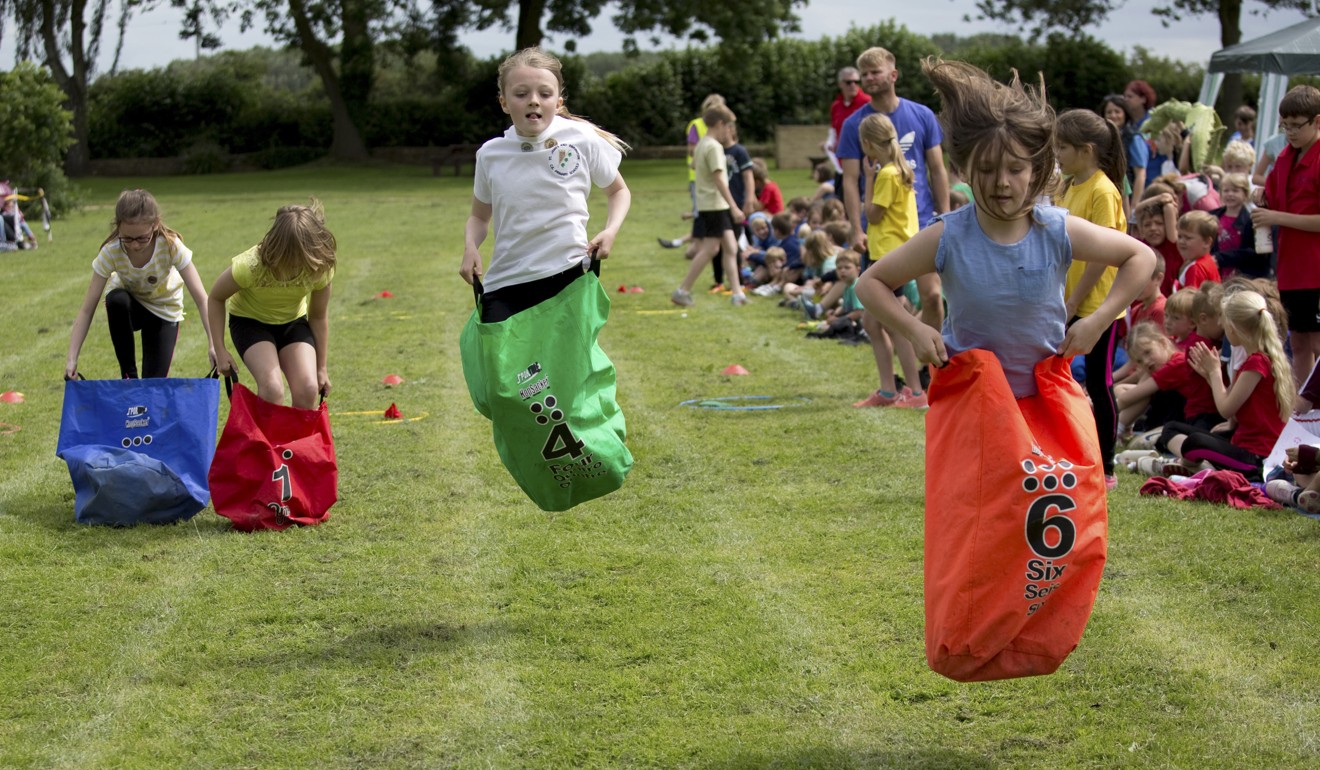
Heats were held beforehand for individual events so students were racing against others of a similar ability, giving them a chance to compete and succeed at their level rather than feeling intimidated and embarrassed. At the same time, high fliers had the chance to excel and shine in events and races designed to stretch them to their limit with awards for outstanding individual achievement.
This positive approach can be carried through to lessons.
Like any other subject in the curriculum, the emphasis in PE should remain the same – for each student to be challenged to reach their full potential.
PE teachers can differentiate activities. Using flexible and varied groupings, for example, all pupils have the chance to work at their own level so they can enjoy sport and feel a sense of achievement. Perhaps this will help change the attitude of the many children who when interviewed in educational studies, claimed that they disliked or hated PE lessons. Perhaps you yourself detested PE or at least remember fellow students who avoided it like the plague with excuses of forgotten kits or sudden ailments?
As you point out, competition is an integral part of life and therefore children should not be shielded from it. Both on an individual and team level, sport activities teach discipline and stamina, as well as engendering important life skills such as team building and cooperation. There is no substitute for fierce competition to improve skills and determination at all levels.
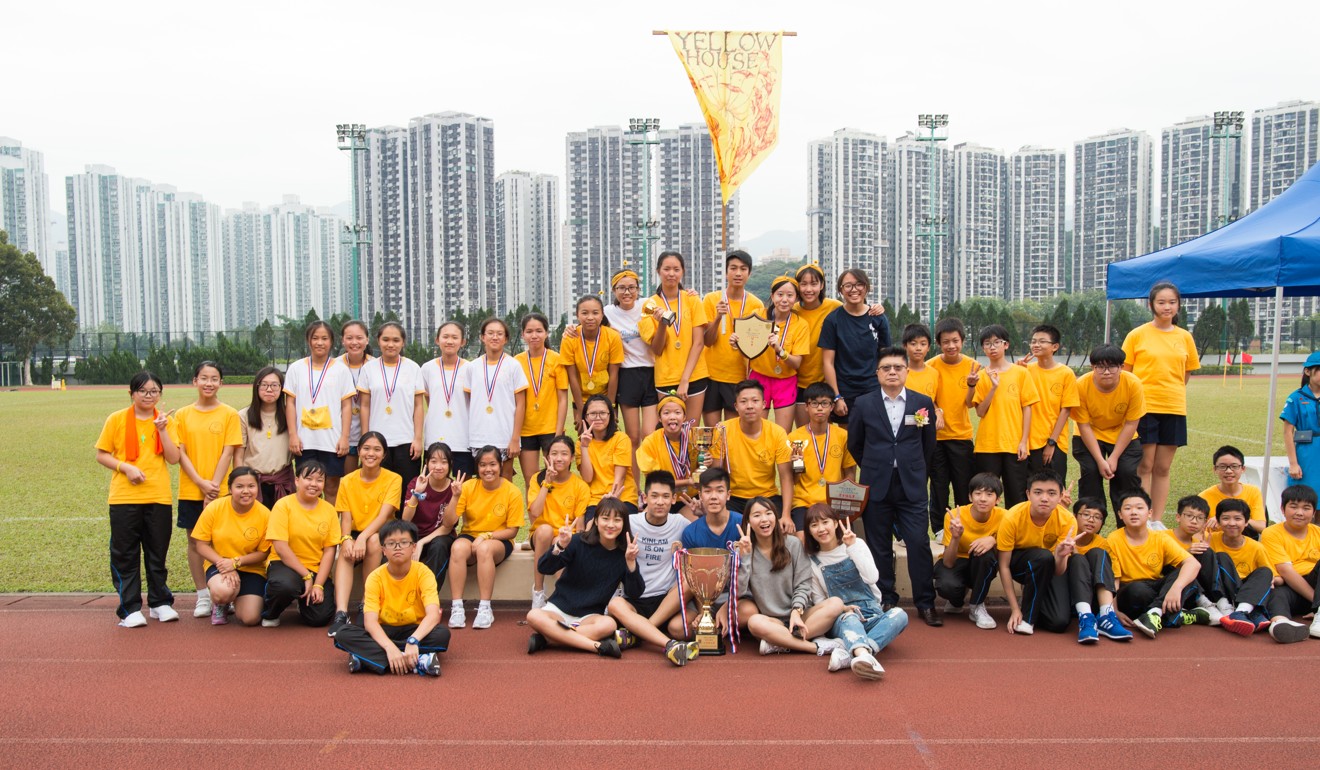
Most Hong Kong schools have competitive school teams in such sports as netball, football, rounders, rugby and cricket. This allows the keen and talented pupils to compete against other schools. Hong Kong is also flooded with extracurricular activities run by teachers or outside agencies that offer a great many extra opportunities for competitive sport.
It is widely accepted that physical activity is good for mental as well as physical health.
With sedentary hours spent in front of computer screens and struggles with mental health and obesity, it has never been more important for youngsters to have an active lifestyle. An hour of physical activity every day is highly beneficial for a child’s overall well-being as well as building fitness for life. Less than 10 per cent of children actually achieve this.
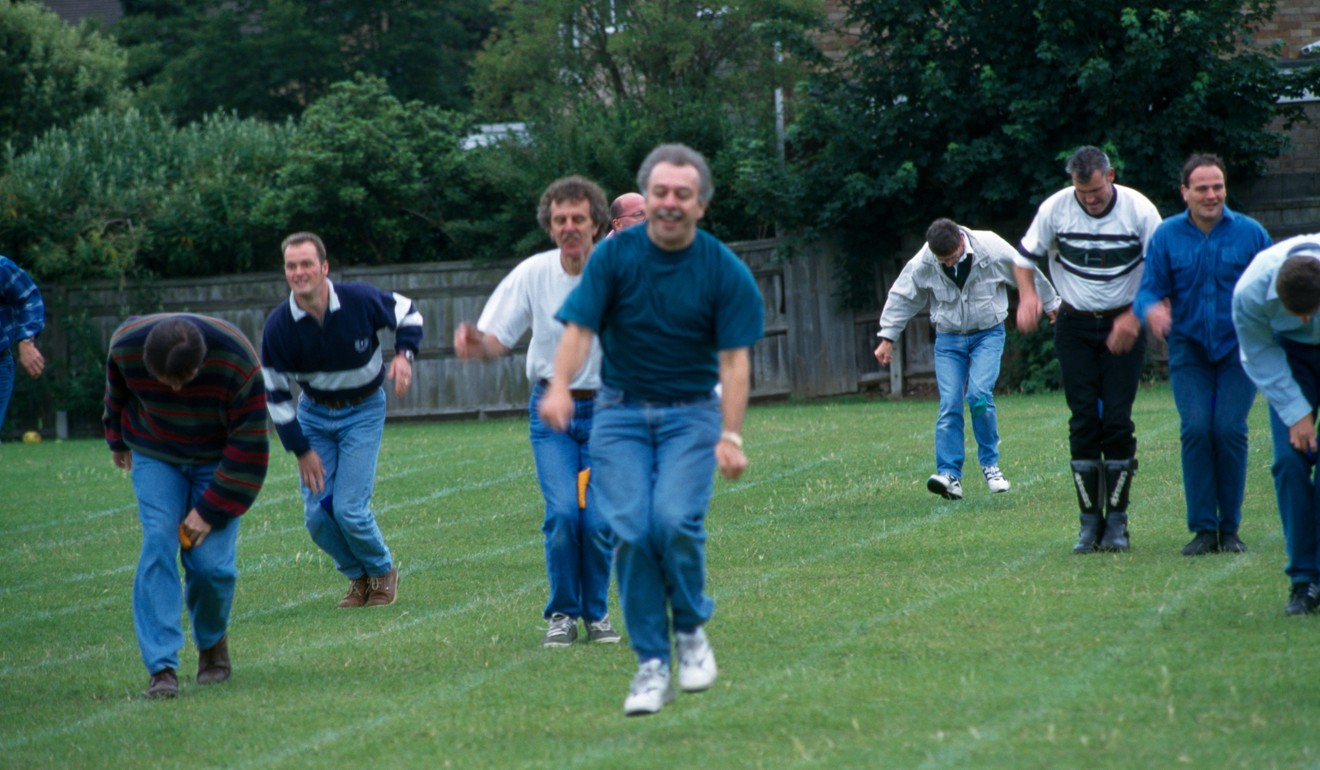
As for the father’s race being cancelled at your son’s school, I suspect this decision has been made due a history of unfortunate injuries. Parents often come to sports day straight from work with optimistic thoughts and nostalgic memories of their younger days. Alongside a lack of time to warm up, there is the added desperation of wanting to make their children proud (or at least not totally embarrassing them). I have witnessed fathers sprinting in suits and brogues, producing spectacular falls, cramping before the finish line or, even worse, pulling an Achilles tendon.
Some would argue that it is entirely their choice to risk this painful situation. Others would, and in some cases should, opt for the safer egg and spoon race instead.
Julie McGuire is a former Hong Kong primary-school teacher
